Finding protein sources free of animal byproducts can be difficult if you’re a vegetarian or simply want to eat healthier. For vegetarians and vegans alike, there are plenty of plant-based options.
Find the healthiest plant-based protein foods for your objective!
Most people are aware of how important a diet high in protein is to developing muscle. People are now more aware of the importance of protein and regularly incorporate foods high in protein into their diets. Meeting specific protein needs has become even more convenient with the variety of protein supplements available on the market.
However, there’s a well-known belief that vegetarian meals lack protein, which
Milk and dairy products
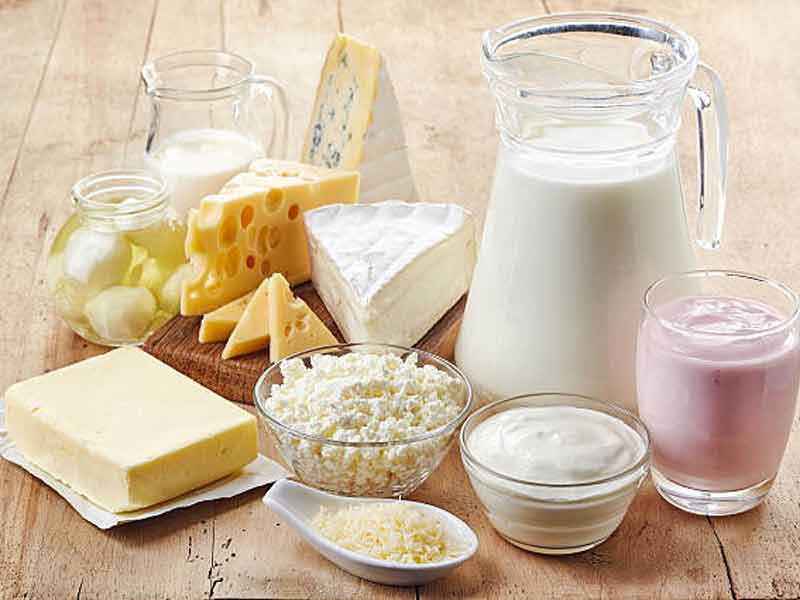
In addition to providing high-quality protein, calcium, CLA, phosphorus, and a host of other nutrients are added to cow’s milk. It has less fat than milk from buffaloes. Cheese products made from milk include yoghurt, cottage cheese, buttermilk, curd, and cheddar and mozzarella cheese. When taken as prescribed by each person, these are very helpful for a muscle-building regimen.
Soybean
Because soy protein lowers testosterone levels, it is frequently advised that men avoid eating it. However, the truth is that male hormones are impacted by “extortionate daily consumption” of soy protein. It is just as beneficial for men as it is for women as long as it is taken within the allowable limit of 20 g daily. Even so, men shouldn’t consume soy protein shakes exclusively because they might give their bodies more soy than they should each day.
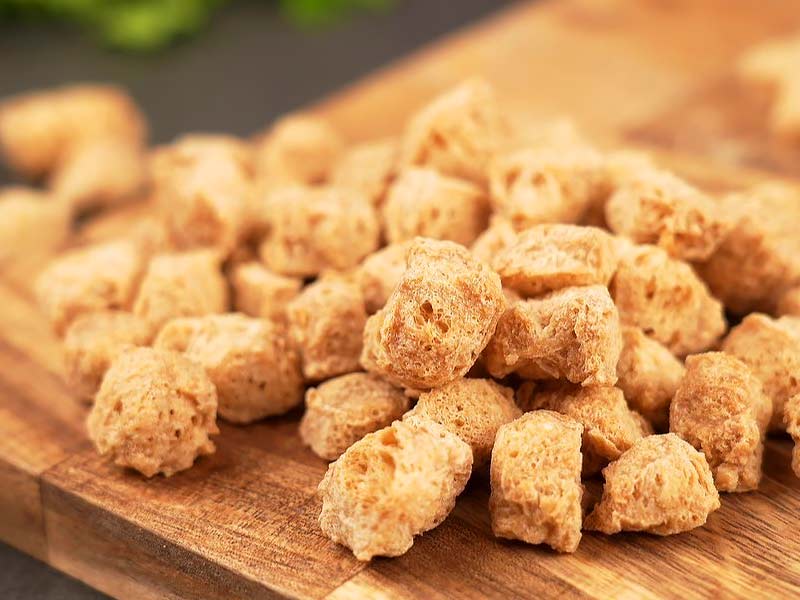
Highly digestible and rich in omega 6, fibre, iron, calcium, and other nutrients is soy protein. About 9–10 g of high-quality proteins can be found in a portion of 25 g of soybean.
Beans, Lentils, and Pulses
Pulses are incomplete proteins because they don’t contain all of the necessary amino acids. However, lentils are a significant source of protein for vegetarians. In addition to being abundant in fibre, potassium, magnesium, B vitamins, and other nutrients, they are also high in complex carbohydrates and phytochemicals (such as tannins and saponins).
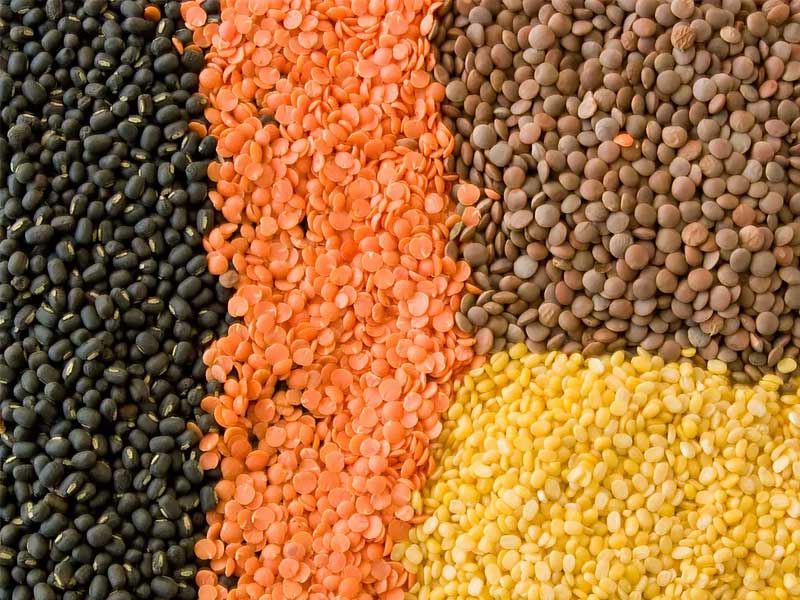
Iron in lentil protein aids in the movement of oxygen throughout the body, speeding up metabolism and encouraging a gradual release of energy. In addition to being high in protein, pulses, when eaten in moderation, aid in weight loss. 6–10 g of protein are found in 25 g of pulses or beans.
Roasted Chana or Gramme
In addition, 25 g of it contains 5 g of protein, making it a rich source of both energy and protein.
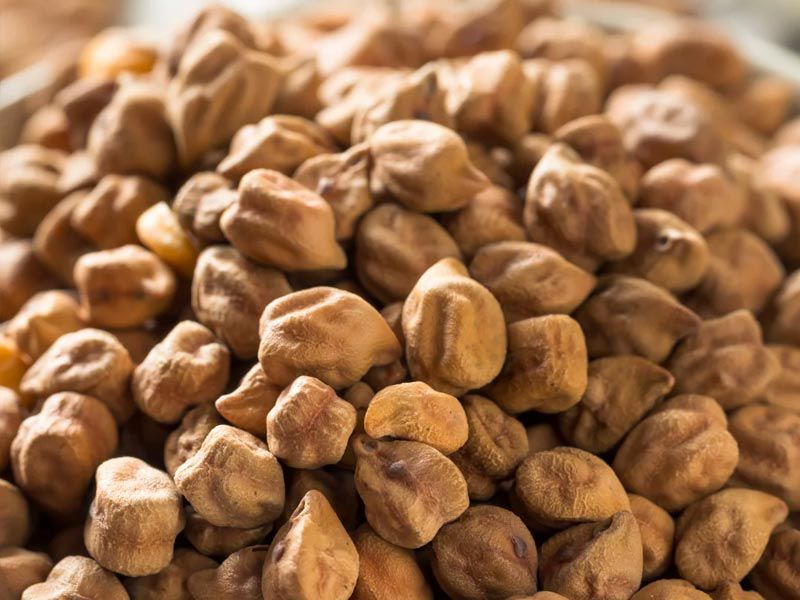
Another excellent source of protein and energy is Sattu, a flour made from roasted grammes that can be used in a variety of high-protein vegetarian recipes.
Almonds
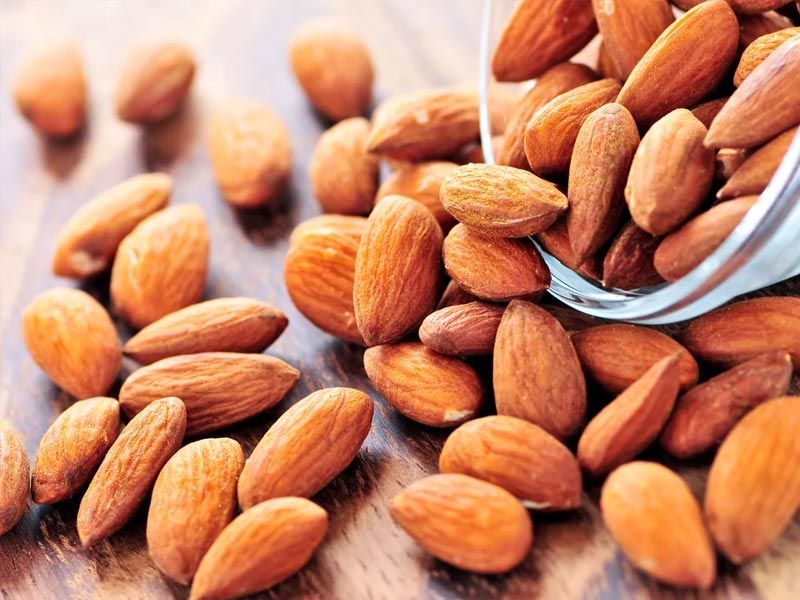
They have 12 g of fat in addition to the 6-7 g of protein per 25 g. Considering their fat content, peanuts can be wisely regarded as a good source of protein.
Also read: You should NEVER have milk with these 5 foods
Nuts
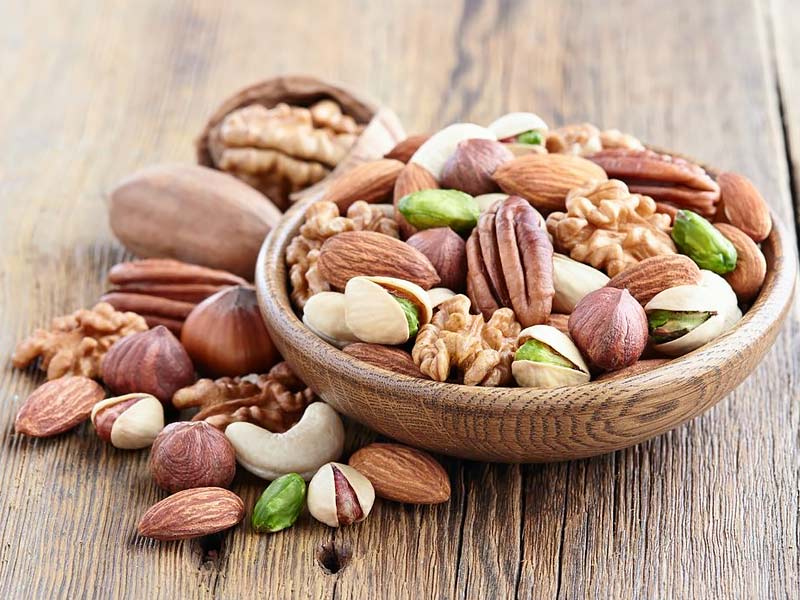
When 25 g of almonds are consumed, 4-5 g of protein and 12 g of fat are provided; in contrast, 25 g of walnuts provide approximately 2.5–3 g of protein and 15 g of fat. In addition to being rich in micronutrients, if consumed in excess, it causes weight gain.
Cereals and Grains
Grains like amaranth, quinoa, oats, ragi, wheat, etc. are referred to as cereals. Protein content in most cereals is 3–4 g/25 g. This suggests that eating grains increases the amount of protein consumed each day.
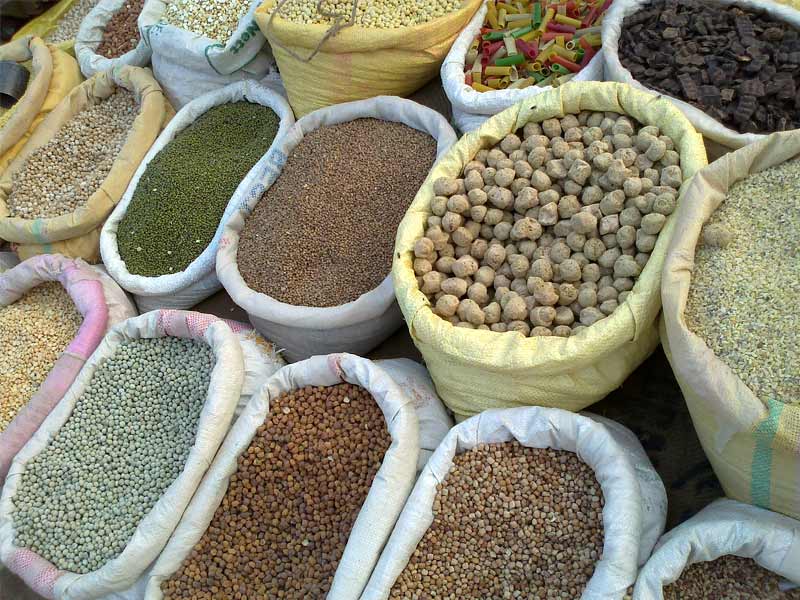
Consuming wheat increases one’s protein intake as well. Though the incomplete protein found in wheat, gluten is highly beneficial to those who can tolerate it.

























